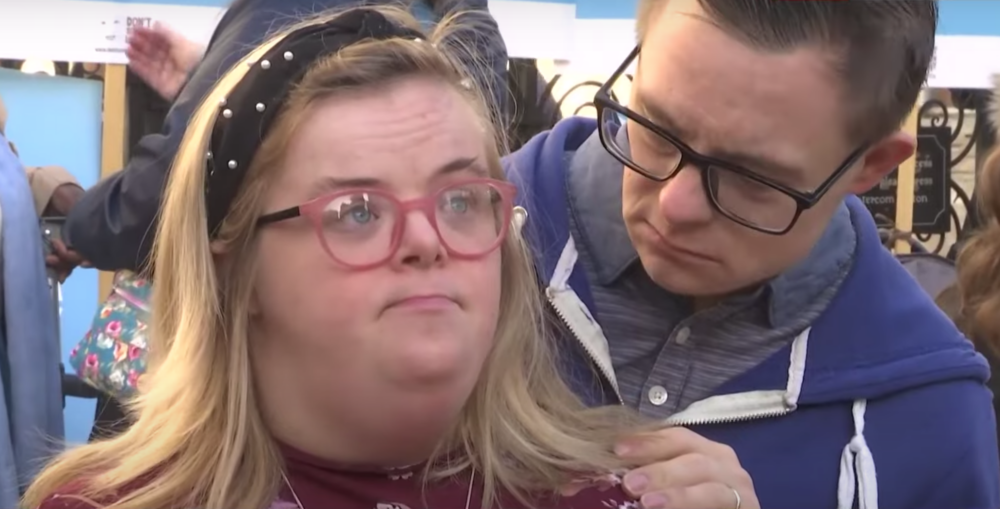
LONDON (LifeSiteNews) — The U.K. Court of Appeal has ruled against a woman with Down syndrome’s petition to have legislation repealed that allows unborn children suffering from disabilities to be aborted up until the moment of birth.
“The court recognises that many people with Down’s syndrome and other disabilities will be upset and offended by the fact that a diagnosis of serious disability during pregnancy is treated by the law as a justification for termination, and that they may regard it as implying that their own lives are of lesser value,” reads the recent court decision written by Lord Justice Underhill, Lady Justice Thirlwall, and Lord Justice Peter Jackson.
“But it holds that a perception that that is what the law implies is not by itself enough to give rise to an interference with Article 8 rights (to private and family life, enshrined in the European Convention on Human Rights),” added the court.
Reacting to the summary judgement, the challenger of the law, 27-year-old Heidi Crowter, who herself has Down syndrome, told reporters outside the London courthouse: “I am very upset not to win again, but I will keep on fighting because we have already informed and changed hearts and minds and changed people’s opinions about the law.”
‘It makes me feel I should be extinct’, says Heidi Crowter after legislation which allows the abortion of babies with Down’s syndrome up until birth is upheld
Read more here: https://t.co/B1ca66nKtm pic.twitter.com/fe4rEaHkl0
— Sky News (@SkyNews) November 25, 2022
Crowter also stated that she will consider taking her case to the Supreme Court, adding that the appeal court’s decision “tells me that I am not valued and of much less value than a person without Down’s syndrome.”
“I am angry that the judges say that my feelings don’t matter. That makes me feel that I am not as valuable as a person without Down’s syndrome.” Crowter later added that the current abortion legislation makes her feel as though she “should be extinct.”
Under the current law, abortion is restricted at week 24 of pregnancy, unless “a substantial risk that if the child were born it would suffer from such physical or mental abnormalities as to be seriously handicapped.”
In her initial filing, Crowter had argued that because the law treats people differently based on whether or not one is disabled, the section of the British Abortion Act 1967 that permits the practice is unlawfully discriminatory.
Crowter had faced defeat in the United Kingdom’s High Court in September, which is what led her to take her case to the Court of Appeal.
Máire Lea-Wilson, whose two-year-old son also has Down syndrome, has also joined Crowter’s legal challenge.
U.K. data records 3,083 disability-selective abortions in 2020; 693 of those being babies were diagnosed with Down Syndrome, an increase of 5.64% from 656 in 2019. However, the actual figures are likely to be much higher – a 2013 review showed 886 babies were aborted for Down Syndrome in England and Wales in 2010, but only 482 were reported in Department of Health records. The underreporting was confirmed by a 2014 Department of Health review.

